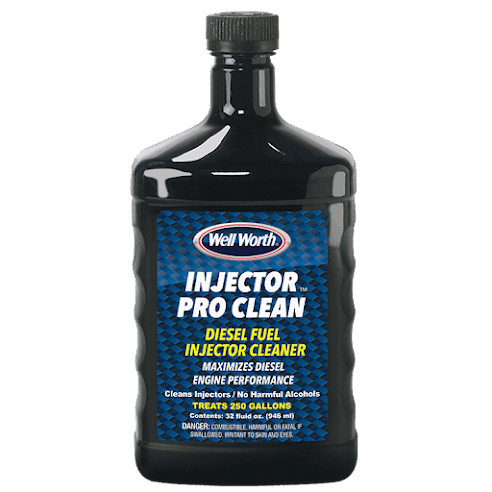Well Worth Best Sellers: Diesel Fuel Treatment Products
Although none of the automakers have stopped producing diesel vehicles, they have been moving away from them during the past three years.
The automakers' desire to avoid dealing with the government's stricter emissions rules plays a role in this. Some of it results from a deliberate shift in attention to hybrids.
The traditional image of a diesel engine with black smoke billowing out of the exhaust of a huge rig is a thing of the past partly because of these requirements.
Today's Diesel fuel treatment products perform identically to their gas-powered equivalents. Long gone is the idea of the grumbling diesel engine with smoke billowing out the back. But a diesel car can still achieve excellent mileage.
Diesel Engines Are Cleaner Than They Used To Be
As we just stated, the stereotype of the diesel engine spewing out black smoke is no longer valid. Granted, there may still be some old smoking diesel produced before the new regulations, but such are disappearing over time.
The government has mandated that diesel engine manufacturers install special emissions control technology for the previous 10 to 20 years. This has helped improve air quality by preventing diesel fuel contaminants from entering the environment.
Diesel Fuel Also Seems To Have More Problems (And Microbial Problems) Because It's More Likely To Be Stored
Industry prefers diesel fuel, and enterprises depend on being able to store the energy for later use. Unlike gasoline, diesel fuel storage tanks are more likely to be maintained on hand for several weeks or months.
Water in diesel fuel treatment is prone to problems that degrade its quality and impair the efficiency of the engines it utilizes the longer you keep it around. Thus, the requirement for gasoline protection additives like stability improvers.
Or a cold flow improver is required if it is stored during the winter. Because diesel fuel behaves differently in the winter than gasoline, operations continue regardless of the temperature.
The likelihood of diesel developing microbiological issues increases with storage time. The largest shift in the last five years has been that. As the old low-sulfur diesel has been phased out, it began more than 10 years ago, but it was only a matter before microbiological issues crept into our country's diesel storage tanks.
As a result, diesel users now need to take into account factors they previously didn't: keeping track of the water in the tank, using biocides as necessary (to kill the microorganisms), and even thinking about microbiological tests for their stored fuel (to give them the benefit of a clearly defined problem).
There Are A Lot Of Good Diesel Additives, But No Additive Can Do Everything - Know What You Want
Business professors once said it was possible to get the best price for the best quality and service, but only two could be obtained simultaneously. The same holds for all fuel additives, including diesel fuel additives.
Something that accomplishes many things, many very well or effectively, many at very low treat ratios, and many at low expense, is possible. Some of these are acceptable, but only some of them at a time.




Comments
Post a Comment